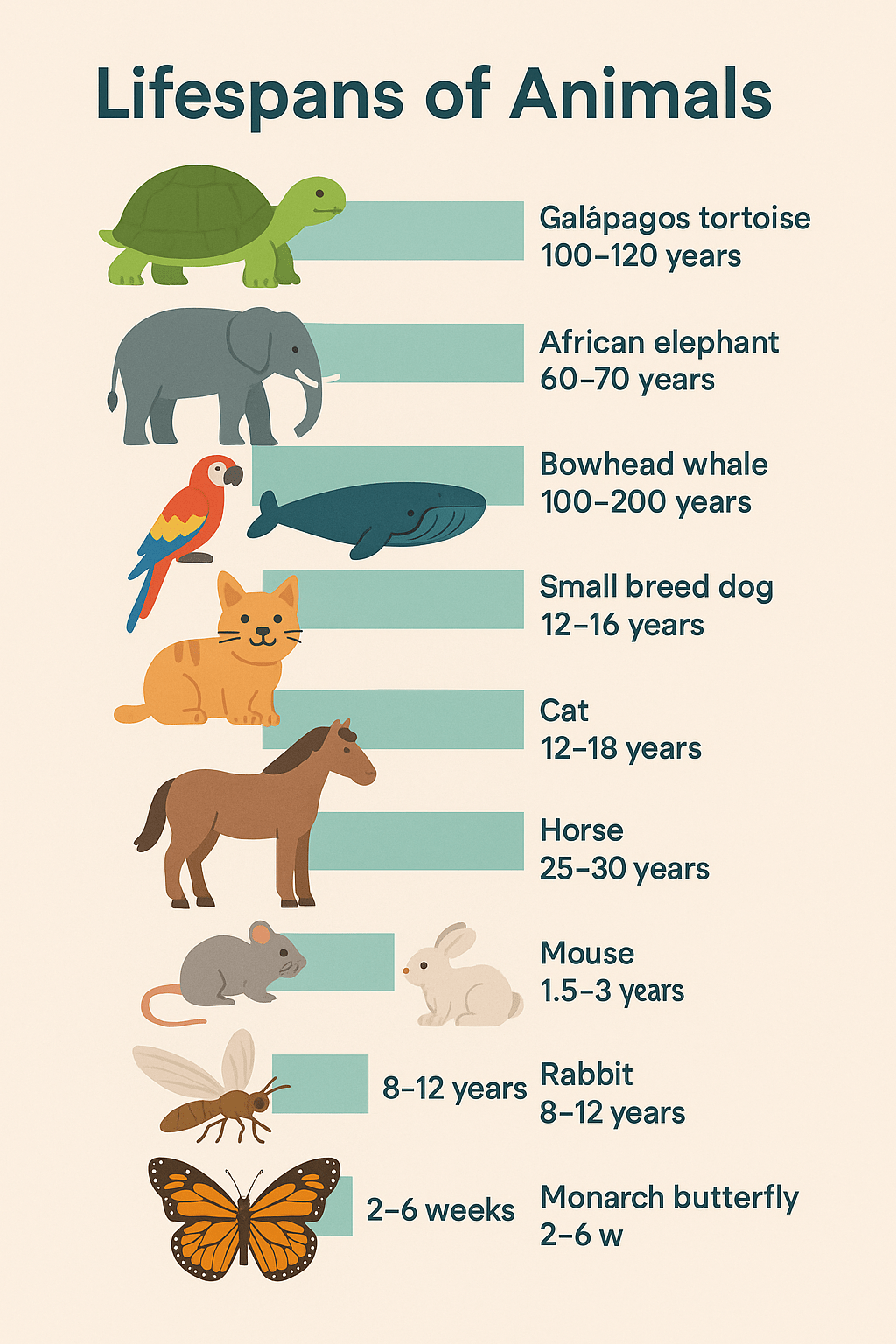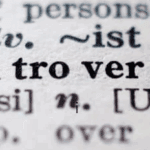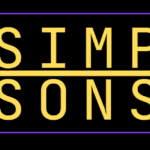
Behind the Interview Desk: A Manager’s Perspective on Common Interview Mistakes and How to Avoid Them

Introduction
As someone who spent 17 years in the corporate world, much of it in mid-management, I’ve conducted countless interviews across various roles and levels. While each candidate brings something unique to the table, I’ve observed a set of recurring mistakes that often hinder even the most qualified individuals from securing the job they desire. This blog post aims to shed light on these common errors from a manager’s perspective and provide actionable advice on how candidates can improve their chances of success in future interviews.
1. Lack of Preparation About the Job Profile
One of the most significant mistakes candidates make is coming to the interview underprepared about the job profile. As a manager, it’s immediately evident when someone hasn’t taken the time to fully understand the role they’re applying for. This lack of preparation can manifest in several ways:
- Vague Responses: When asked about how their skills align with the job requirements, underprepared candidates often give vague or generic answers. For example, instead of discussing specific experience with project management tools, a candidate might simply say, “I’m good at managing projects.” This lack of specificity suggests a superficial understanding of the role.
- Mismatched Expectations: Candidates who don’t fully grasp the job responsibilities might have unrealistic expectations about the day-to-day work. For instance, someone applying for a mid-level marketing position might expect to be heavily involved in high-level strategy when, in reality, the role requires more hands-on execution.
Improvement Tip: Before the interview, thoroughly review the job description and research the specific tasks and responsibilities associated with the role. Be prepared to discuss how your experience and skills directly align with these requirements. Use specific examples from your past work to demonstrate your suitability for the position.
2. Insufficient Knowledge About the Company
Another common mistake is insufficient knowledge about the company itself. Candidates who are unfamiliar with the company’s mission, values, products, or recent news often come across as disinterested or uncommitted. As a manager, it’s disappointing to see potential hires who haven’t taken the time to learn about the organization they’re eager to join.
- Missed Opportunities: Lacking knowledge about the company can lead to missed opportunities to showcase how you could contribute to its goals. For example, if a candidate is unaware of the company’s recent expansion into new markets, they might miss the chance to highlight their relevant international experience.
- Generic Answers: When candidates don’t know much about the company, their answers to questions like “Why do you want to work here?” tend to be generic and unconvincing. Statements like “I think it’s a great company” or “I like your products” don’t demonstrate a deep understanding or genuine interest.
Improvement Tip: Research the company thoroughly before your interview. This includes understanding its mission, values, products, services, industry position, and recent developments. Use this knowledge to tailor your responses and show that you’re not only interested in the job but also in contributing to the company’s success.
3. Unrealistic Expectations About the Role and Remuneration
Candidates sometimes enter interviews with unrealistic expectations regarding the role, career progression, or compensation. While ambition is admirable, expectations that are out of alignment with reality can be a red flag for hiring managers.
- Overestimating the Role: Some candidates may expect to move quickly into senior positions without fully understanding the time, effort, and experience required to reach those levels. For example, a candidate applying for an entry-level position might express expectations of leading a team within a year, which might not be feasible given the company’s structure.
- Compensation Mismatch: Unrealistic salary expectations can derail an otherwise promising interview. If a candidate’s compensation expectations are significantly higher than the industry standard or what the company is willing to offer, it can suggest a lack of understanding of the market or the value of the role.
Improvement Tip: Be realistic about what the role entails and the typical career progression in the industry. Research industry salary benchmarks for the position you’re applying for and be prepared to discuss your expectations in a way that aligns with market realities. It’s also wise to ask about the company’s career development opportunities during the interview to understand the potential for growth.
4. Overemphasis on Academic Achievements
While academic achievements are important, an overemphasis on them at the expense of practical experience can be a mistake, especially for mid-level or senior positions. As a manager, I’m more interested in how a candidate’s education has translated into real-world skills and success.
- Limited Focus on Practical Experience: Candidates who focus too much on their academic background might neglect to highlight their hands-on experience, problem-solving abilities, or successes in previous roles. For example, a candidate might spend too much time discussing their degree in marketing without mentioning their achievements in driving successful campaigns.
- Outdated Knowledge: In fast-moving industries, knowledge gained in school can quickly become outdated. Candidates who rely too heavily on their academic credentials without demonstrating continued learning and adaptation might struggle to convince hiring managers of their current relevance.
Improvement Tip: While it’s essential to highlight your academic achievements, ensure that you also emphasize your practical experience, accomplishments, and how you’ve applied your knowledge in the workplace. Demonstrating a commitment to continuous learning and staying updated with industry trends can also set you apart.
5. Poor Communication Skills
Communication skills are critical in any role, and poor communication during an interview can be a dealbreaker. This doesn’t just mean clear speech; it also involves how well candidates listen, respond, and engage in conversation.
- Rambling or Unfocused Answers: Candidates who provide long, rambling answers without getting to the point can frustrate interviewers. For example, when asked about a specific skill, a candidate might digress into unrelated stories, losing the interviewer’s attention.
- Failure to Listen: Not listening carefully to the interviewer’s questions can lead to irrelevant or incomplete answers. This might happen if a candidate is too focused on delivering rehearsed responses rather than engaging in a genuine conversation.
Improvement Tip: Practice clear and concise communication. When answering questions, aim to be specific and relevant, and avoid unnecessary digressions. Active listening is key—ensure you fully understand the question before responding. It can also be helpful to engage with the interviewer by asking clarifying questions or seeking feedback during the conversation.
6. Lack of Enthusiasm and Passion
Enthusiasm and passion for the role and company are qualities that every hiring manager values. A candidate who appears disinterested or indifferent is unlikely to make a positive impression, regardless of their qualifications.
- Low Energy: Candidates who come across as low-energy or unenthusiastic may give the impression that they’re not genuinely interested in the position. For example, a candidate who answers questions with minimal effort or enthusiasm might seem as though they’re just going through the motions.
- Missed Opportunities to Express Passion: Sometimes, candidates miss opportunities to express their passion for the industry or the role. For instance, a candidate with a strong personal interest in technology might fail to convey this during an interview for a tech-related position, thereby missing a chance to connect with the interviewer on a deeper level.
Improvement Tip: Show your enthusiasm and passion during the interview. This doesn’t mean being overly animated, but rather expressing genuine interest in the role, the company, and the industry. Use examples to demonstrate how your passion has driven your success in previous positions, and be sure to engage with the interviewer in a way that reflects your excitement about the opportunity.
7. Ignoring the Company Culture
Understanding and fitting into the company culture is crucial, yet some candidates overlook this aspect during the interview process. Managers are not only looking for someone who can do the job but also for someone who will fit well within the team and company environment.
- Mismatched Values: Candidates who don’t take the time to understand the company’s culture may inadvertently express values or attitudes that clash with those of the organization. For example, a candidate applying to a company that values teamwork and collaboration might emphasize their preference for working independently, which could raise concerns.
- Failure to Connect on a Cultural Level: Candidates who focus solely on their technical qualifications might miss the opportunity to connect with the interviewer on a cultural level. This can be particularly important in companies that prioritize a strong cultural fit as part of their hiring criteria.
Improvement Tip: Research the company’s culture and values before the interview and think about how your own values align with them. During the interview, highlight how you can contribute to the company culture and why you believe you would be a good fit for the team.
Conclusion
Interviews are challenging, but avoiding common pitfalls can significantly increase your chances of success. By thoroughly preparing, researching the company, setting realistic expectations, emphasizing practical experience, honing your communication skills, demonstrating enthusiasm, and understanding the company culture, you can stand out as a strong candidate.
Remember, from a manager’s perspective, the goal is to find someone who not only has the right skills but also the right attitude and cultural fit for the organization. By focusing on these aspects, you can make a lasting positive impression and increase your likelihood of landing the job.
Call to Action
Are you preparing for an upcoming interview? Take these insights to heart and practice your approach. And if you have any questions or need further advice, feel free to leave a comment below or reach out directly. Good luck with your job search!
Hello, I am Aman (: Full Time Traveler :) At the age of 41, in April 2023, fueled by my love for travel and the determination not to remain fixed like a tree, I embarked on a bold journey. Having dedicated 17 years to a corporate job, I chose to transition from a full-time employee to a full-time traveler, driven by the desire to break free from the routine and constraints of a conventional life. Along the way, I not only explored the wonders of travel but also uncovered the transformative power of financial freedom. I realized how it could liberate me to lead a life teeming with adventure, purpose, and fulfillment. Through my blogs, I am passionately sharing my story, aiming to inspire and provide valuable guidance to those, like me, who aspire to weave travel into a life overflowing with limitless possibilities.






















Post Comment
You must be logged in to post a comment.